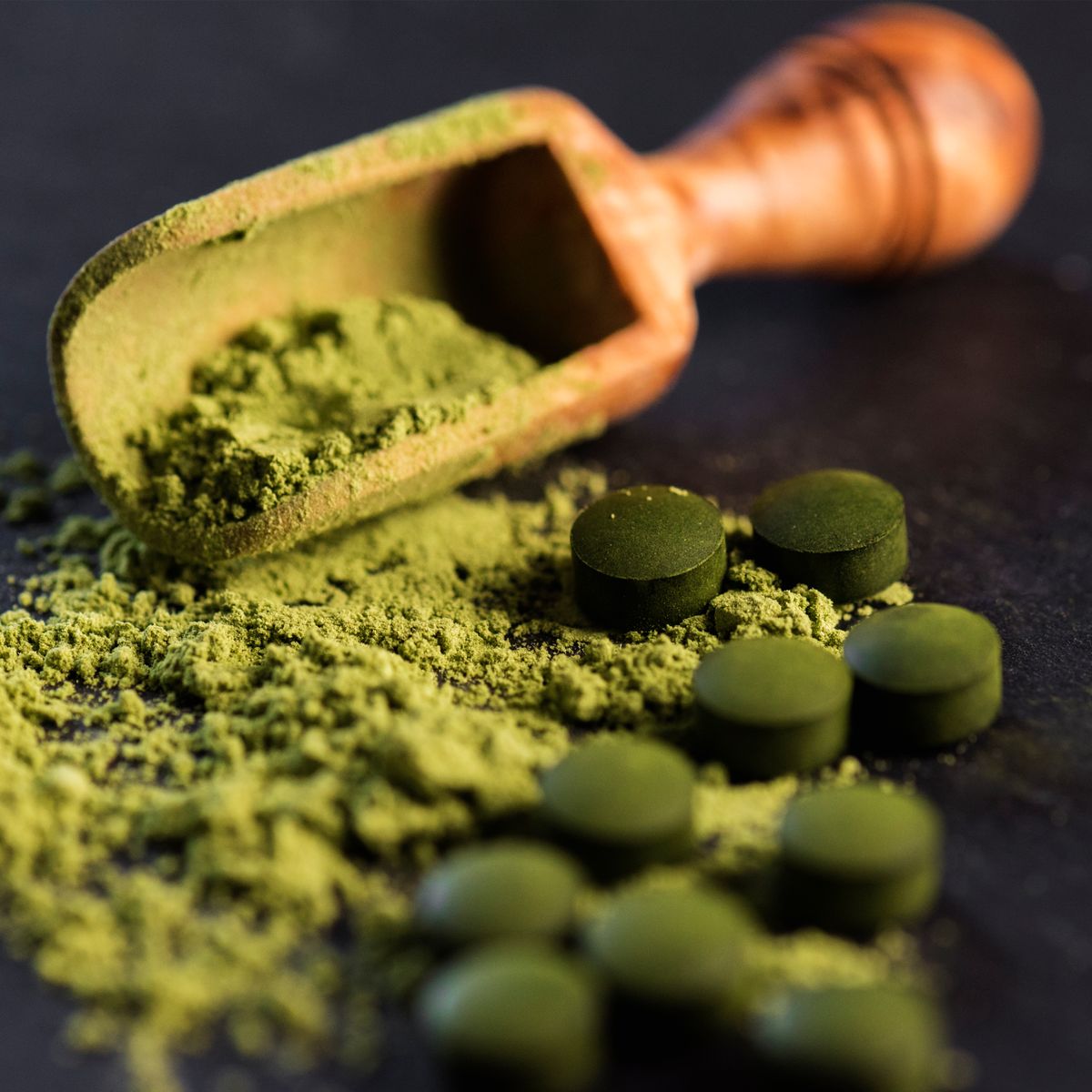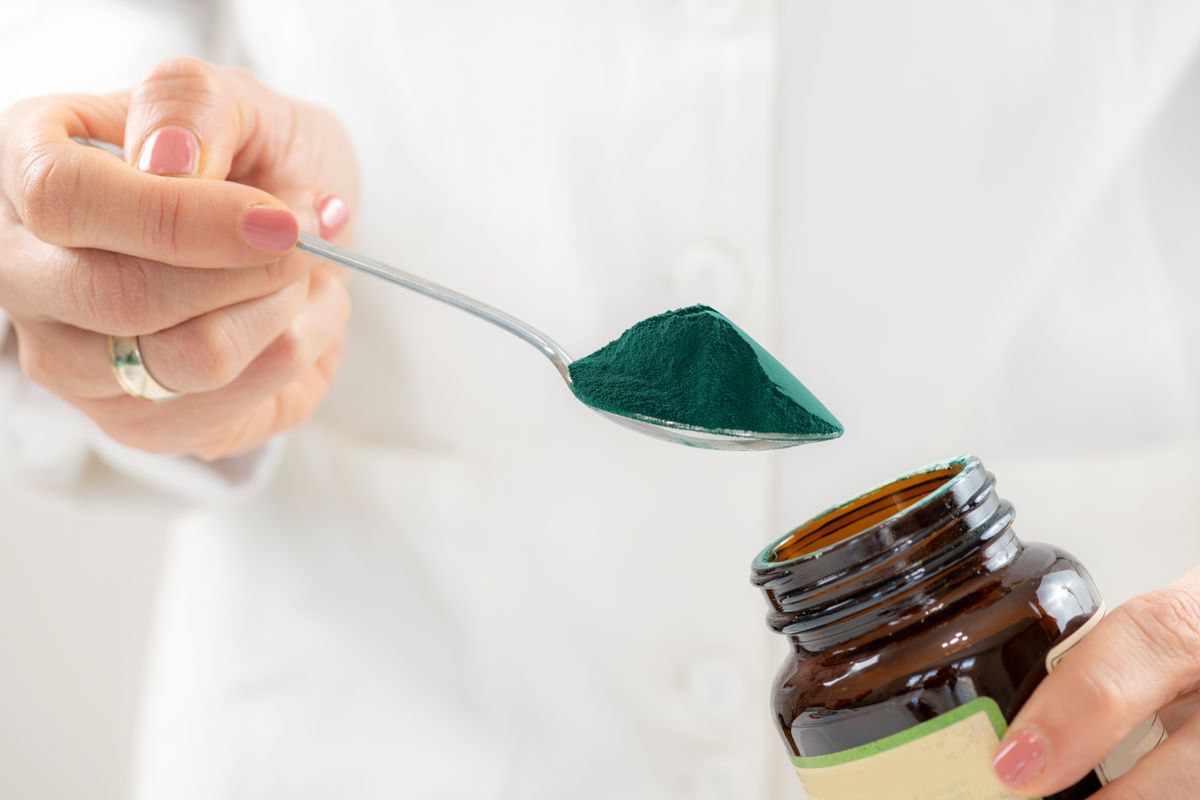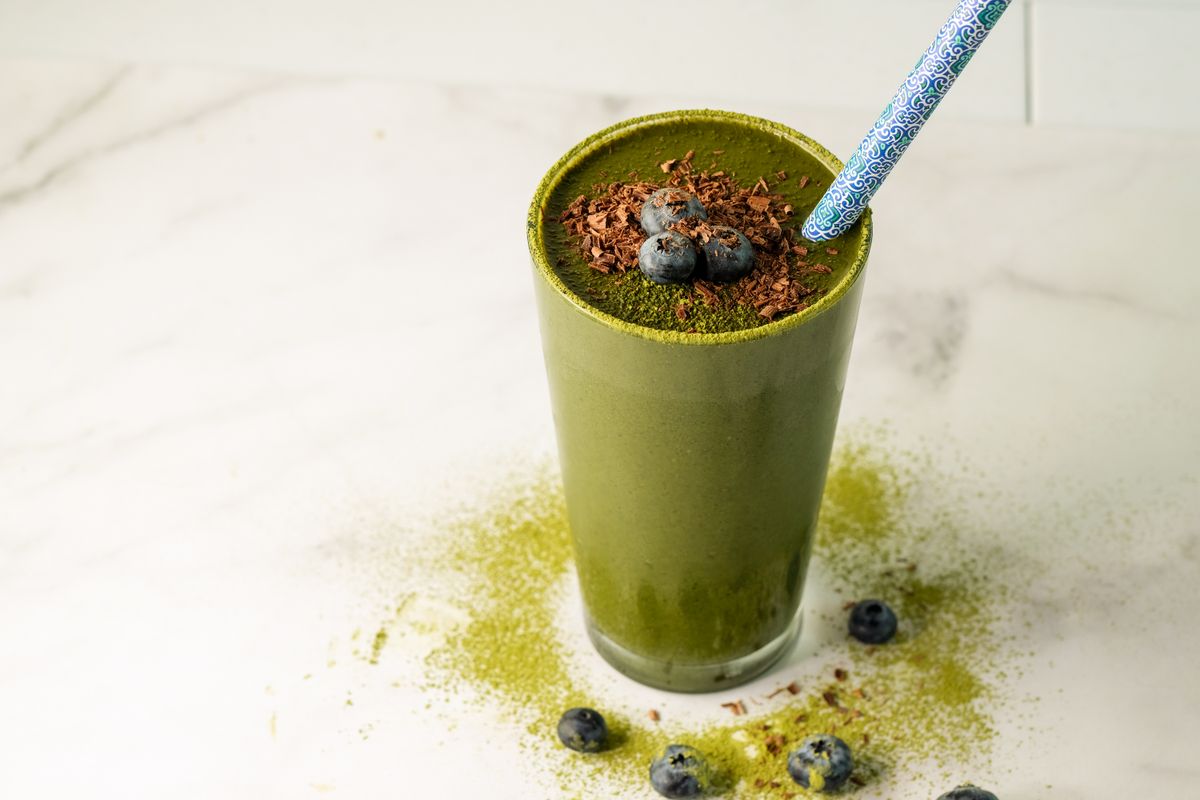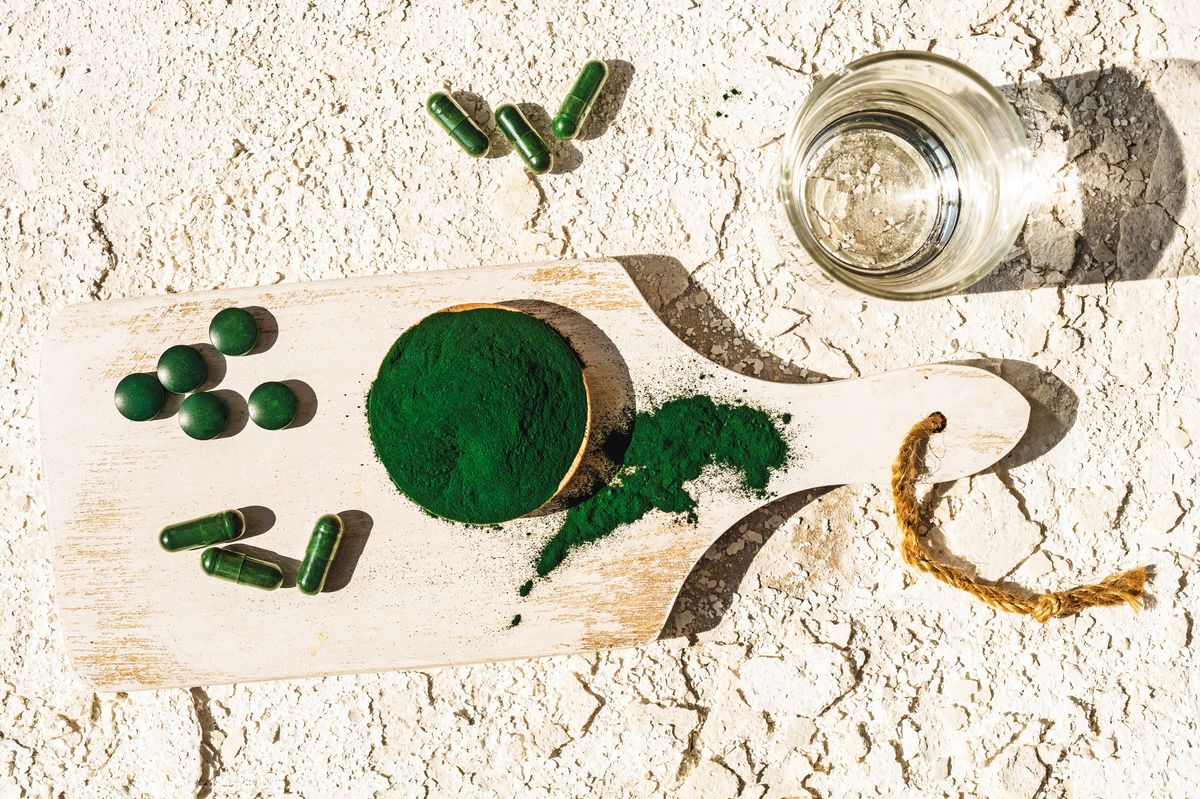In recent years, spirulina has surged in popularity as a superfood, renowned for its impressive health benefits. This blue-green algae is not just a trend; it offers a wealth of nutrients that can enhance overall wellness. Two experts, Anouska Sheen and Trista Best, shared valuable insights with HOLA! USA into the myriad benefits of incorporating spirulina into one's diet.
Anouska Sheen, wellness expert and founder of The Office Yoga Company, emphasizes the impressive nutritional composition of spirulina. "Spirulina is about 60% protein by weight and provides all of the amino acids that your body needs," she explains. This makes it an excellent protein source, particularly for those following plant-based diets.
 © Getty Images
© Getty Images
It's also rich in essential vitamins and minerals, including B vitamins, copper, and iron, which are crucial for maintaining energy levels and overall health. Spirulina also contains phycocyanin, the pigment responsible for its vibrant blue-green color. This compound is noted for its powerful anti-inflammatory properties, which can help combat chronic inflammation.
Antioxidants and Inflammation
The antioxidant properties of spirulina are particularly noteworthy. Trista Best, a Registered Dietitian, highlights that these antioxidants are essential in fighting stress and inflammation, two factors closely linked to aging and chronic diseases. By reducing oxidative stress, spirulina may contribute to a healthier aging process and a reduced risk of various diseases. "Spirulina provides the consumer with high-quality protein, vitamins, minerals, and essential amino acids," the Environmental Health Specialist, Adjunct Nutrition Professor, and Consultant with Balance One Supplements says.
"The antioxidants make it ideal for combating oxidative stress and inflammation in the body, which are linked to aging and chronic disease. It is also rich in iron and B vitamins, both of which aid in enhancing energy, which can be especially beneficial for those with iron deficiency."
 © Getty Images/Science Photo Libra
© Getty Images/Science Photo Libra
Benefits of Energy and Metabolism
Spirulina may be a beneficial addition to the diet for those struggling with fatigue or anemia. Both Sheen and Best agree that its richness in iron and B vitamins can enhance energy levels, making it advantageous for people with iron deficiencies.
Moreover, spirulina has been associated with improved metabolic functions, aiding appetite regulation and blood sugar control, thus supporting weight loss efforts. "Aside from the nutrient density of spirulina, it can also aid in weight loss efforts and improve gut health. Certain compounds found in spirulina help to regulate appetite, blood sugar, and metabolic function overall," Best says.
Versatile and Easy to Incorporate
One of the great things about spirulina is its versatility. It can be consumed in various forms, including tablets or powders, that integrate seamlessly into your daily routine. Sheen notes, "The powder mixes easily into smoothies, juices, yogurt, or oatmeal." Adding a spoonful of spirulina to your favorite recipes can effortlessly boost your nutrient intake.
 © Getty Images
© Getty Images
Supporting Gut Health
In addition to its nutrient density, spirulina may also positively influence gut health. Specific compounds within spirulina can help optimize gut function, supporting a healthy digestive system.
 © Getty Images
© Getty Images
Spirulina offers a remarkable array of benefits. With its high protein content, rich supply of vitamins and minerals, and potent antioxidant properties, incorporating spirulina into your diet can be a fantastic way to support overall health and well-being.
© ¡HOLA! Reproduction of this article and its photographs in whole or in part is prohibited, even when citing their source.
 3 hours ago
3
3 hours ago
3





)
.jpg)

)









 English (US) ·
English (US) ·